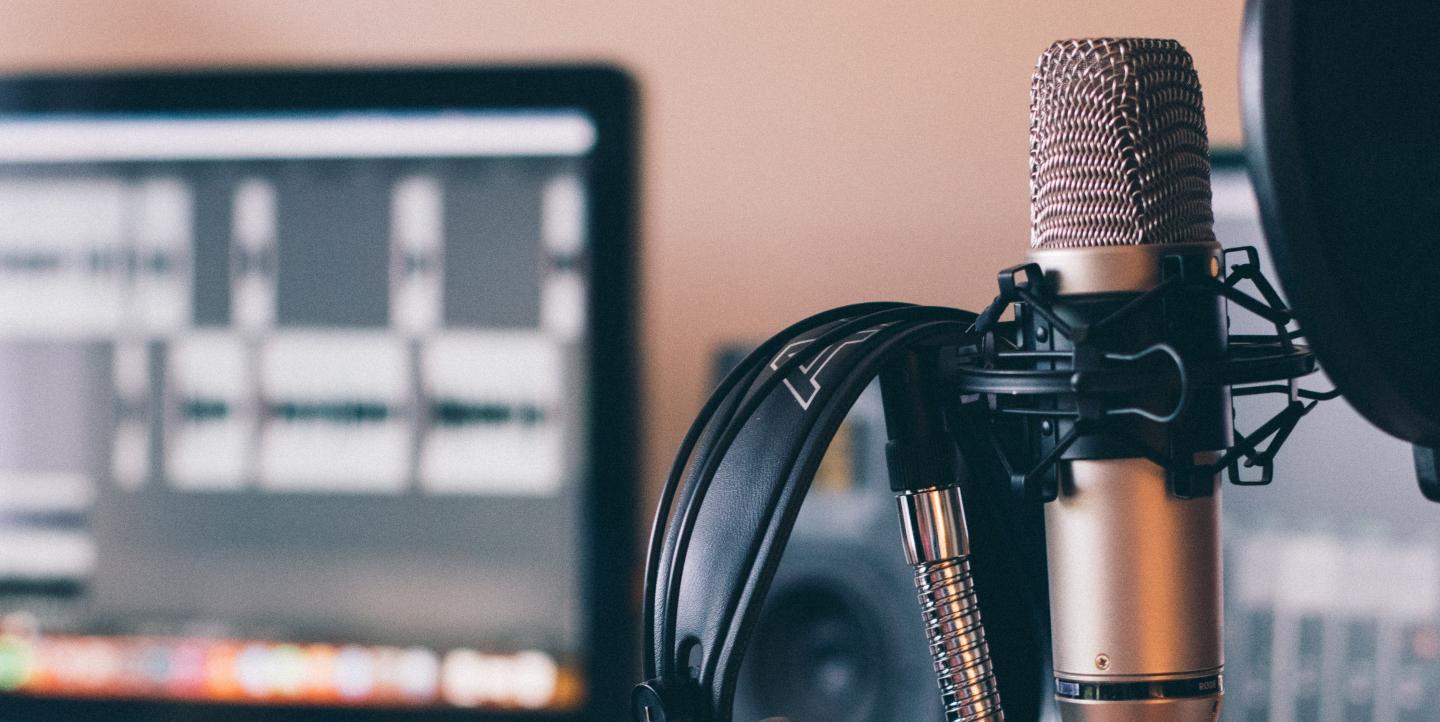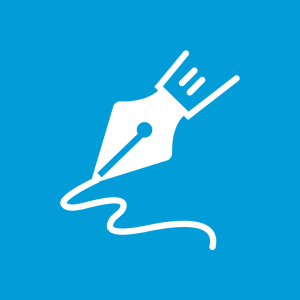Originating in the 1980s as “audio-blogging,” podcasting started as a way for people to share their experiences and thoughts via audio recording. Forty years on, it has developed into a full-blown genre that has allowed innovative formats and new voices to enter mainstream discourse.
According to the annual Edison Research survey released in March, approximately 80 million Americans are weekly podcast listeners, a 17% increase over 2020. Not only is the industry growing, but its audience is now more diverse than ever. In the U.S., 57% of monthly podcast listeners are white, 16% Latino, 13% African American, 4% Asian, and 10% of other backgrounds.
As of April 2021, Apple Podcasts offers more than 2 million shows. With a sea of content being released on a daily basis, making your podcast stand out and look professional is particularly important.
Below, a few experienced podcasters share their advice on what mistakes beginners should avoid when launching their own show. This is what they said.
Not having a purpose
“A good podcast is one that has a focus,” said Sarah Mikutel, coach and podcast launch consultant. When starting a podcast, beginners should focus on the purpose of their future show and who they want their audience to be.
“It's a big mistake when people just think ‘oh, podcasting sounds cool,’ and start a show without having given any thought to why, for example, would somebody listen to it,” said Mikutel. “Do you want your audience to feel either educated, inspired or entertained? It would be great if you could get all three.”
[Read more: Tips for podcasting during a pandemic]
Not considering audio quality
Podcasting has significantly changed the way people experience radio. Media products that used to feature snippets of interviews are now offering long conversations that help listeners feel involved, almost present with the hosts.
For this reason, poor audio quality can hurt your audience’s experience. “These days, people are not gonna listen to your podcast if it doesn't sound good. Fortunately, it’s pretty easy to produce a good sounding podcast,” said Mikutel.
Avoid big, empty spaces, such as conference rooms, where the sound will bounce all over the place. “If you're recording at home and you've got a big closet,” she said, “you can record there to absorb background noise. What I did was buy clothing racks.”
Not doing research
Podcasts should not be completely improvised, Mikutel explained. “It was kind of trendy for a while not to do research before podcasts, going in like an audience member would.”
Improvising the interview works only for very few podcasts, she believes. Instead, it’s good practice to have a general knowledge about your guest before recording. “I’m inviting my interviewee for a reason, so what do I want them to teach?”
You should also carry out research about your storytelling style. “To make good podcasts, I would try to listen to as many as you can,” said Myles Bonnar, a senior journalist at the BBC.“There are so many good podcasts out there that just give you fresh ideas on how to approach audio storytelling.”
Editing too much, or not at all
Audio editing is an essential part of the podcasting process. No matter your level of experience, there are many available platforms to refine and edit your work.
“I believe even the most organic podcasts still need to be edited,” Bonnar said. “You need to drill down to the most important points, you don’t want mistakes in your podcast, such as someone repeating the question twice.”
At the same time, however, editing should not be excessive because it can come at the expense of the natural flow of the conversation. “Sometimes we take out deep breaths or ‘mmms’ and ‘ehms,’ but you don't want to over edit either,” he added.
Failing to think about diversity
As you outline your future podcast, it’s good to think about who is telling the story, and why. “Not everyone should be the center of a podcast,” Bonnar said. “I would ask myself: 'Why is this person telling the story? Who are we not hearing from?’”
Nowadays, he believes, there is no excuse for not platforming a range of different voices that represent wider society. “Of course, some stories will be maybe very male-orientated, or you struggle to get around that. However, there are things you can do to address these issues.”
[Read more: The development of podcasting in Francophone Africa]
Sticking too much to the plan
While research is essential to the realization of a good podcast, it’s important for podcasters to be flexible and learn how to play with different formats. Bonnar explained: “The beauty about podcasting is the fact that you can tear up the radio rulebook a little bit and try different things.”
Podcaster and writer Jenny Stallard agrees. “I think a mistake people make is to plan too much, especially in terms of production at the beginning.” The founder of Freelance Feels, a community and podcast for the self-employed, she explained that new podcasters should take the time to get a grasp of the technicalities of podcasting before planning every single detail of the show.
“Get used to editing the podcast on the software. Maybe record a trailer to start, so you’re not working against a tight deadline,” she said. “Also, it sounds really silly but triple check your recording, especially with celebrity guests.”
Getting distracted by big names
Stallard advised not to get led astray by what she calls “the shiny.”
“When you are interviewing bigger names, be it celebrities or people you admire in your industry, it can be easy to get distracted and basically let them derail you from your plan.”
While celebrities and influencers can be an excellent addition to your podcast, remember to focus on the show’s goals and topics to ensure you don’t lose focus and remain consistent.
The podcasting industry is in constant evolution, be it in terms of equipment, software, or storytelling techniques. A dynamic and vibrant sector, it allows creators to experiment like never before and, while these tips are a great starting point to create your first podcast, the real adventure is finding the solution that works best for both you and your listeners.
Iris Pase is a freelance journalist based in Glasgow.
Photo by Will Francis on Unsplash.


